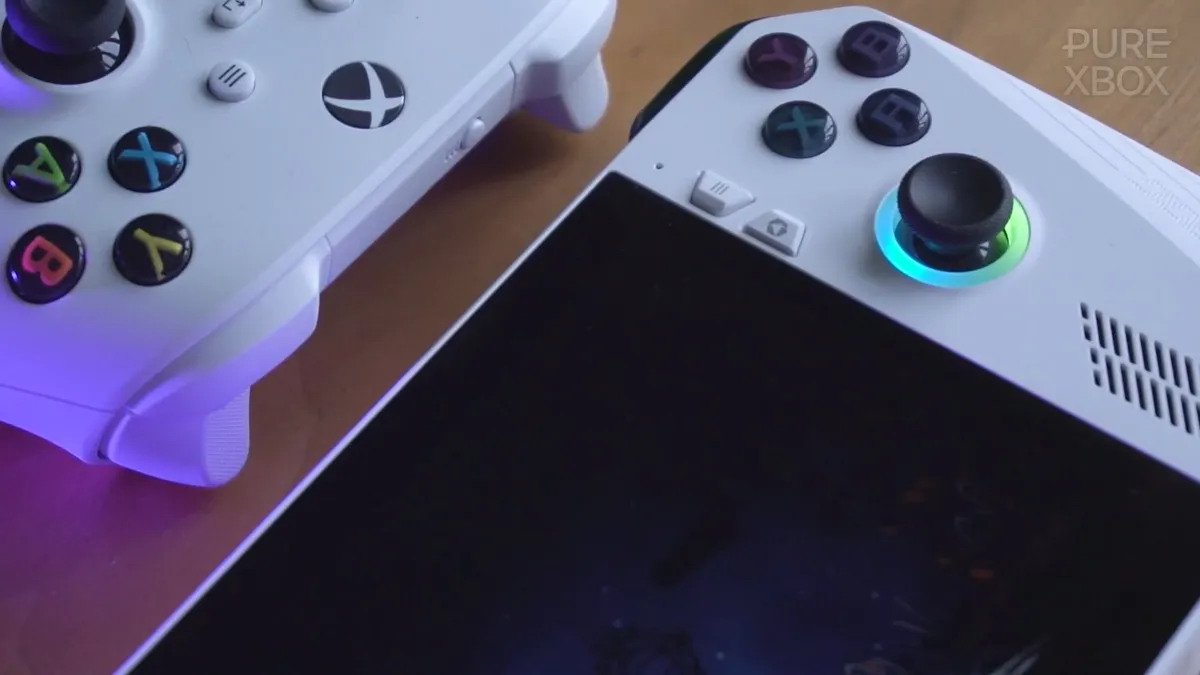
The conversation surrounding the potential for an Xbox handheld gaming device has stirred significant debate among gamers and industry analysts alike. While some believe that Microsoft could succeed with a subsidized handheld, others argue that collaborating with third-party PC manufacturers like Asus may be a more strategic move. Given that both Xbox and PCs share a foundation in Microsoft Windows, the integration of an Xbox gaming layer into the Windows operating system could revolutionize how Xbox gamers access their console library alongside platforms such as Steam, Epic Games, Bethesda.net, and Battle.net.
The current gaming landscape is filled with handheld devices that boast impressive specifications, including features like a 120Hz VRR display, powerful CPU/GPU configurations, and ample RAM and storage. Even if Microsoft were to subsidize an Xbox handheld, it would likely struggle to compete with existing handheld PCs like the Steam Deck, Asus ROG Ally, and others. Today's gaming PCs are more affordable and accessible than ever, making the idea of a dedicated Xbox handheld seem increasingly impractical.
Some enthusiasts envision a device reminiscent of the Xbox Series S, priced between £300-£400, but this would still put it in direct competition with a saturated market of handheld gaming options. The reality is that many consumers already own devices capable of playing Xbox games on PC, diminishing the need for a dedicated handheld console.
As Microsoft is the owner of the operating systems for both Xbox and handheld PCs, it makes more sense for them to enhance their OS and integrate the Xbox experience within the PC gaming ecosystem. This synergy could provide a seamless transition for users who prefer console gaming but also want access to the vast library of games available on PC. By focusing on the OS integration, Microsoft could avoid the pitfalls of launching a standalone handheld that may not recover its development costs.
Critics of the Xbox handheld concept argue that Game Pass might not have been the brilliant business decision Microsoft hoped for, leading to studio closures and layoffs. In stark contrast, PlayStation has seen significant success, with their titles flying off the shelves while Xbox struggles to find its footing. Many believe that Microsoft may have miscalculated the demand for an Xbox handheld, especially given that consumers have turned to more powerful gaming systems for their needs.
In today's gaming world, PlayStation, Nintendo, and Valve remain formidable competitors. The saturation of the handheld market makes it increasingly unlikely for Microsoft to carve out a niche for an Xbox handheld device. Many gamers view the PlayStation as the king of hardware, and with the potential return of proprietary innovations, the landscape could shift further away from Xbox.
As the gaming industry evolves, Microsoft may need to rethink its strategies and offerings. The potential for the Activision Blizzard acquisition raises questions about how Xbox will leverage these assets. If Microsoft fails to recognize the changing tides in the gaming world, they could find themselves at a significant disadvantage, with talented developers leaving for more innovative environments.
In conclusion, while the idea of an Xbox handheld may seem appealing to some, the reality is that the gaming landscape is shifting rapidly. Microsoft’s focus on integrating Xbox into the broader PC ecosystem may ultimately prove to be a more strategic approach than launching a standalone handheld device. As the industry continues to evolve, only time will tell how Microsoft adapts to the challenges ahead.